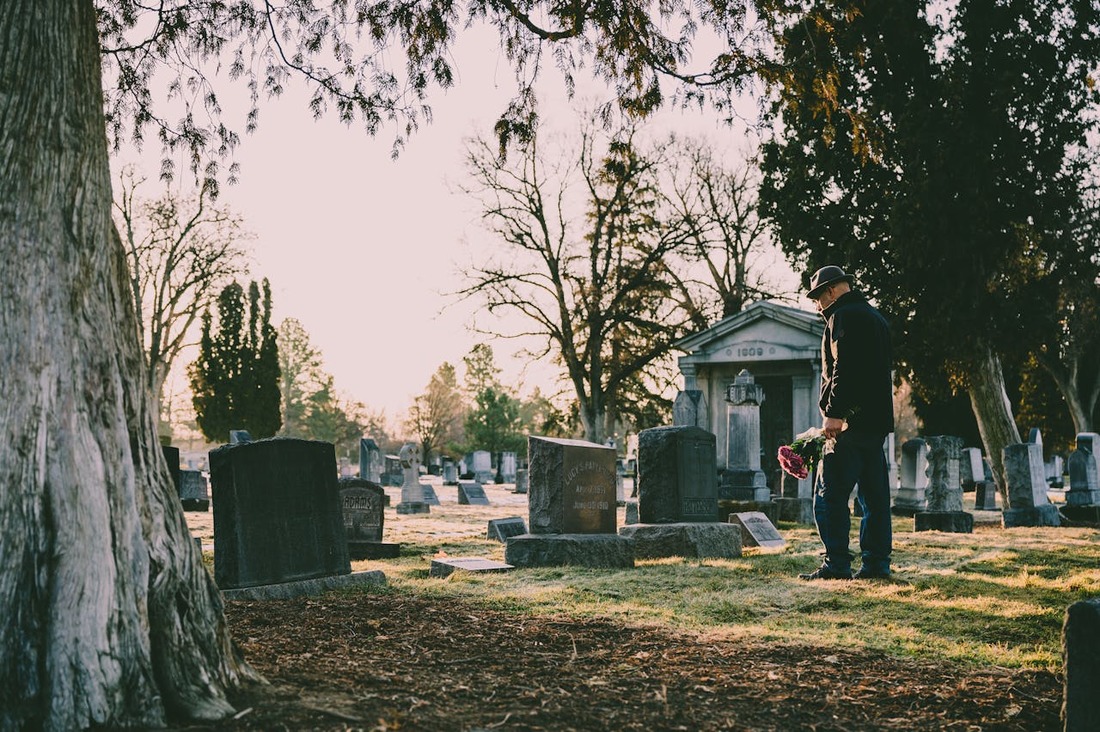
As family dynamics have grown and become more complex there has been movement away from the traditional methods of dealing with our loved ones remains which has led to an increase in arguments relating to funerals and cremations.
Who has legal authority to make decisions about the Deceased’s body?
There is a will
If the Deceased appointed Personal Representatives/Executors then they have the authority to take possession of the Deceased’s body and arrange for its disposal. It may come as a surprise to most, but funeral wishes in a will are not legally binding.
Executors have authority in the estate and are not obliged to carry out the Deceased’s wishes.
There is no will
No will means no executors so who has the authority to make funeral decisions? The people legally entitled to apply for a Grant of Representation do not have the requisite authority until the Grant of Representation is obtained. If there are then arguments about funeral arrangements before this is obtained, nobody has the legal authority to make the decisions.
If there is no will and no family members wish to be involved then the local authority is ultimately responsible for arranging the funeral and disposing of the Deceased’s body.
But that just doesn’t seem fair!
There are ways to add an additional layer of protection within your funeral wishes, however there is nothing that will guarantee these will be honoured:
-
If you arrange your own funeral/body disposal in advance this could reduce the risk of those responsible choosing something else for you. This also eliminates any arguments as to cost and whether the estate has the funds to cover the desired funeral arrangements.
-
Appoint a trusted executor and communicate your wishes to them. It is worth noting that a professional Executor will generally follow funeral wishes expressed in a will, providing there are sufficient estate funds. This is also contingent on the will being located and examined before any funeral wishes are made.
-
If you have very specific wishes you can put them in a Letter of Wishes to accompany your will, and make sure the relevant people know about the location of the will. It is common to have the situation whereby a will is not located until after funeral arrangements have been made. It could then come to light, for example, that the Deceased wishes to be buried instead of cremated or vice versa.
Burial disputes
If a dispute arises that cannot be resolved because there is a deadlock there is court action available. This is especially the case if the Deceased did not leave a will and leaves multiple people, for example the children of the Deceased, who can take responsibility for the administration of the estate but they disagree on what to do with their loved one’s body.
An application can be made to the Court for a limited Grant of Administration to dispose of the body and to seek directions to break the deadlock.
When a dispute arises you can apply to the court for directions as to what to do. When doing so the court considers:
-
The Deceased’s wishes
-
The reasonable requirements and wishes of family and friends who are left to grieve
-
The place the Deceased was most closely connected with
-
Ensuring that the body is disposed off without delay and in the most respectful manner
The fourth factor was found to be the ‘overriding factor’ when considering the questions of how and where the Deceased’s body should be dealt with. These cases are dealt with on a case-by-case basis so each one is based on its own merits.
Naturally these cases are time sensitive and it may be necessary for a party to apply for an injunction at the same time to prevent any pending burial until the Court has time to make further orders. The Court is unlikely to order an exhumation and naturally a cremation cannot be reversed; it is therefore essential to act before any interment or scattering of ashes.
If you require any further advice please contact Sarah Sharpin by email or on 01494893510.